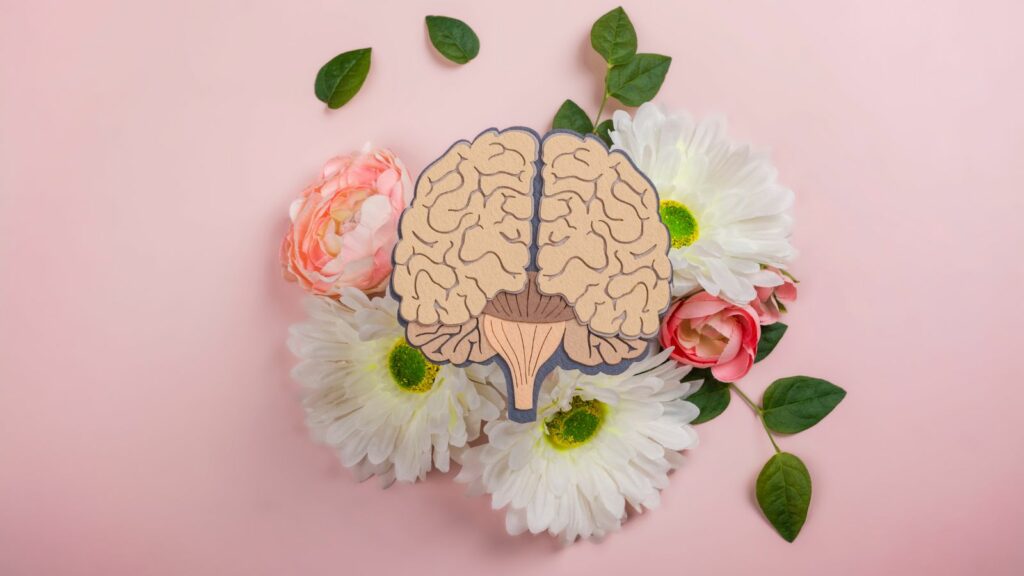In the hustle and bustle of today’s fast-paced world, mental wellness often takes a backseat. But what if there’s a more comprehensive approach to mental health that encompasses not just your mind, but your whole being? Enter the realm of holistic mental wellness.
Holistic mental wellness goes beyond traditional mental health practices. It’s an all-encompassing approach that considers the mind, body, and spirit in achieving optimal mental health. It’s not just about managing symptoms, it’s about nurturing all aspects of your being for a healthier, happier you. In recent years, the intersection of politics mental health has also highlighted the need for more holistic approaches, as societal factors play a significant role in our overall well-being.
Holistic Mental Wellness
Holistic mental wellness represents a comprehensive approach towards mental health. It encompasses the entirety of one’s being, linking the physical, mental and spiritual aspects together. Unlike traditional mental health practices that often focus on diagnosing, medicating, or treating symptomatic ailments, this approach insists on nurturing every part of a person.

Offering a fresh perspective on mental health, holistic mental wellness becomes an ever-growing concept. It acknowledges that there’s more to mental health than just the mind. In essence, it’s about the interconnectedness of our mind, body, and spirit and encouraging their mutual growth for complete wellness.
Core Principles of a Holistic Approach
There exists a range of fundamental principles that underpin the holistic approach towards mental wellness. These principles assert that every individual is unique, and health outcomes largely depend on a balance between mind, body, and spirit.
- Individuality: A core principle of a holistic approach respects the uniqueness of each person. It recognises each individual’s journey and caters to their specific needs.
- Integration: Arguably another crucial tenet, integration amalgamates the physical, mental, and spiritual elements of the individual. It promotes their co-dependency and interconnectedness for optimized wellness.
- Balance: Balance ensures the sustenance of mental wellness. It maintains equilibrium between different facets of life ensuring that no particular aspect overpowers another.
- Prevention: Prevention, instead of just treatment, forms a vital part of the holistic approach. It believes in proactively maintaining health and wellness to avoid potential issues.
- Natural Healing: Nature, its products, and methodologies form the basis of holistic healing. This principle recommends natural ways, like meditation and diet changes, to foster mental wellness.
Key Components of Holistic Mental Wellness
The comprehensive exploration of holistic mental wellness extends to some integral components, which actively contribute towards maintaining a balanced and enriching life. These vital aspects include physical health and nutrition, mental and emotional balance, social connections, and spiritual well-being.

Physical health and nutrition are critical to holistic mental wellness. Regular physical activity boosts the production of endorphins, chemicals in the brain known for relieving stress and pain. For example, a daily walk or yoga session could act as a natural mood-lifter.
Maintaining mental and emotional balance stands crucial for holistic mental wellness. Mental balance involves activities that stimulate the mind, such as reading a captivating novel or solving challenging puzzles. Emotional balance, on the other hand, revolves around managing feelings effectively through practices like journaling emotions, for instance, to gain insight into personal emotional patterns and developing strategies to handle emotional peaks and troughs better.
Benefits of Holistic Mental Wellness
The broad encompassing nature of holistic mental wellness presents numerous benefits, far beyond symptom management. Here, we’ll explore the undeniable perks that adopters of this holistic perspective can expect to reap.

Integral to holistic mental wellness, physical health sees substantial improvement. Regular exercises, aligned with a healthy balanced diet, contribute to the optimum functioning of the body. For instance, someone who engages in daily aerobic activity experiences an enhancement in cardiovascular health, which in turn reduces the risk of diseases like hypertension. When combined with the nutrition from a balanced diet, the human body becomes a robust machine, primed for longevity and resilience.
Holistic mental wellness allows individuals to form a comprehensive understanding of their personal emotional landscape. Developing emotional balance becomes less of a task and more of a natural process, leading to effective stress management. Practices such as mindfulness-based stress reduction (MBSR) help maintain this balance by keeping one’s emotions in check.

